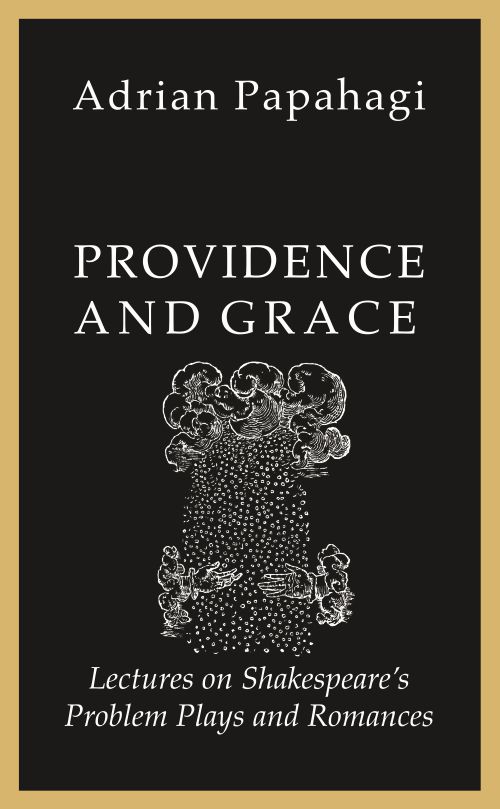| REZUMAT: |
Shakespeare’s problem plays are dark comedies, infected by the sex nausea that first manifested itself in Hamlet. Love is doomed in Troilus and Cressida, but the King’s providence and Duke Vincentio’s grace give it a chance in All’s Well That Ends Well, and in Measure for Measure, however distasteful Helena’s bed trick is, and however corrupt Vienna remains. In Troilus and Cressida, cuckoldry dominates, whereas in All’s Well and Measure for Measure the traditional marriages that define comedy are allowed to happen. Vincentio’s omniscience, providence and grace set the trend for the romances. Like Vincentio, Prospero is both protagonist and author of his own drama; he acts as providence, shows grace, and leads The Tempest to a happy end. Whereas in the mouldy medieval tale of Pericles providence comes ex machina, through winds and storms that crash or carry ships, in the other romances it uses humans as its agents. Pisanio, Belarius, Guiderius and Arviragus in Cymbeline, Camillo, Paulina, Antiochus and the shepherds in The Winter’s Tale are benevolent forces, acting providentially. Favoured by providence, the romances are never allowed to slip into tragedy; they end in a state of grace, in festivals of forgiveness and reconciliation. |
|
